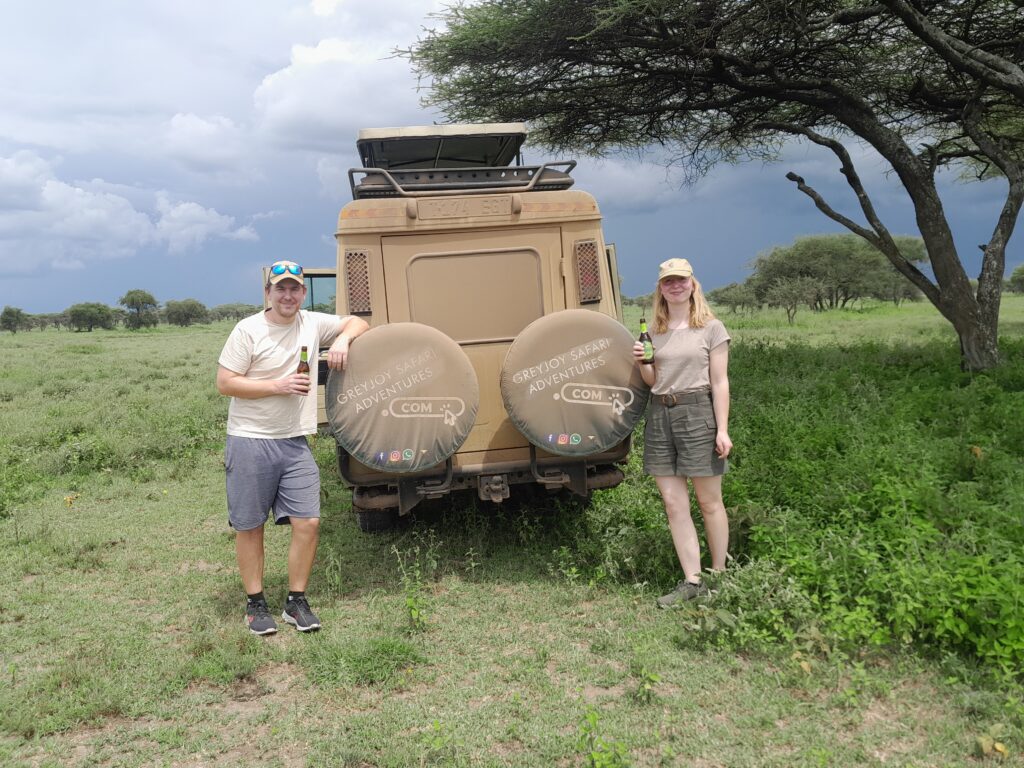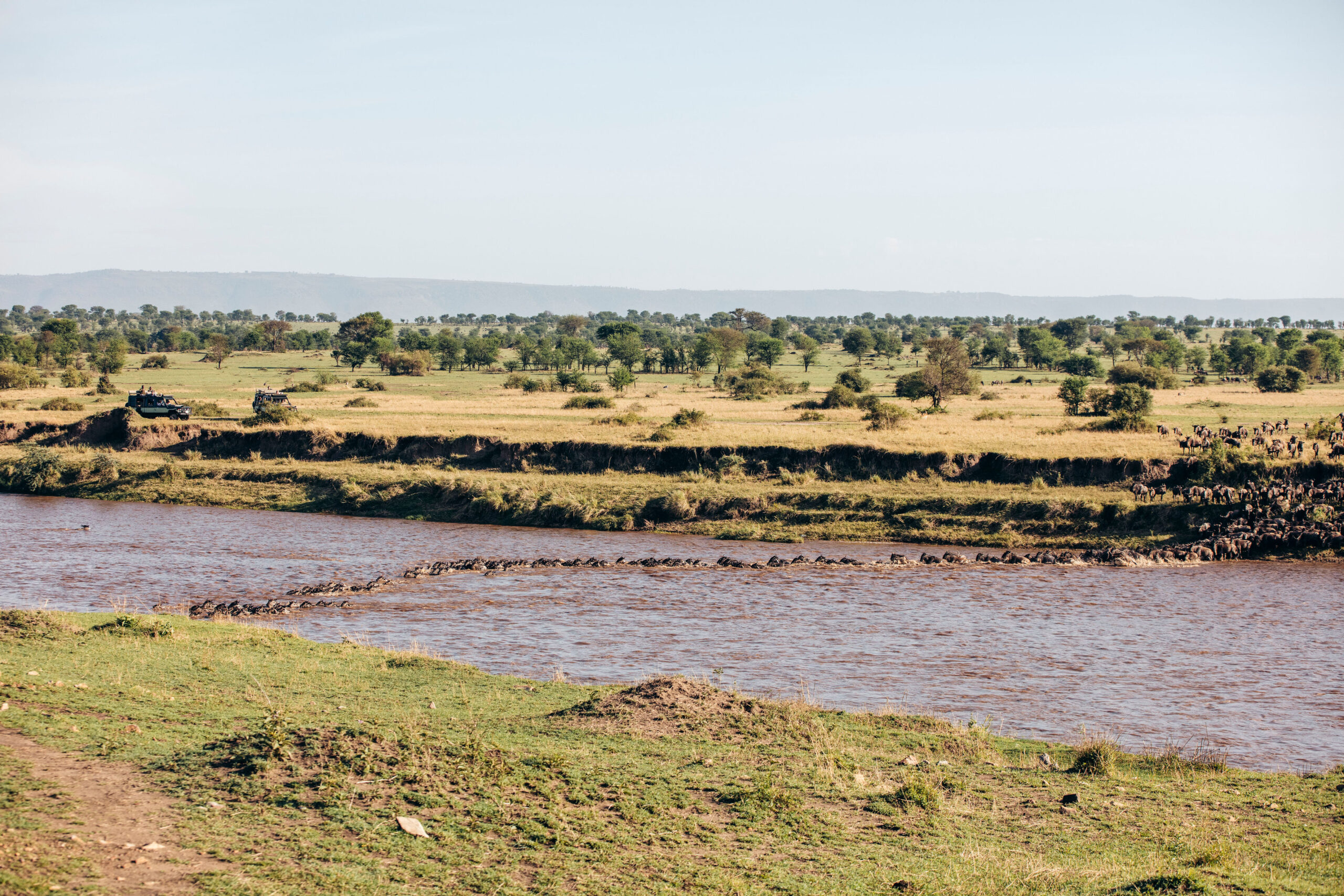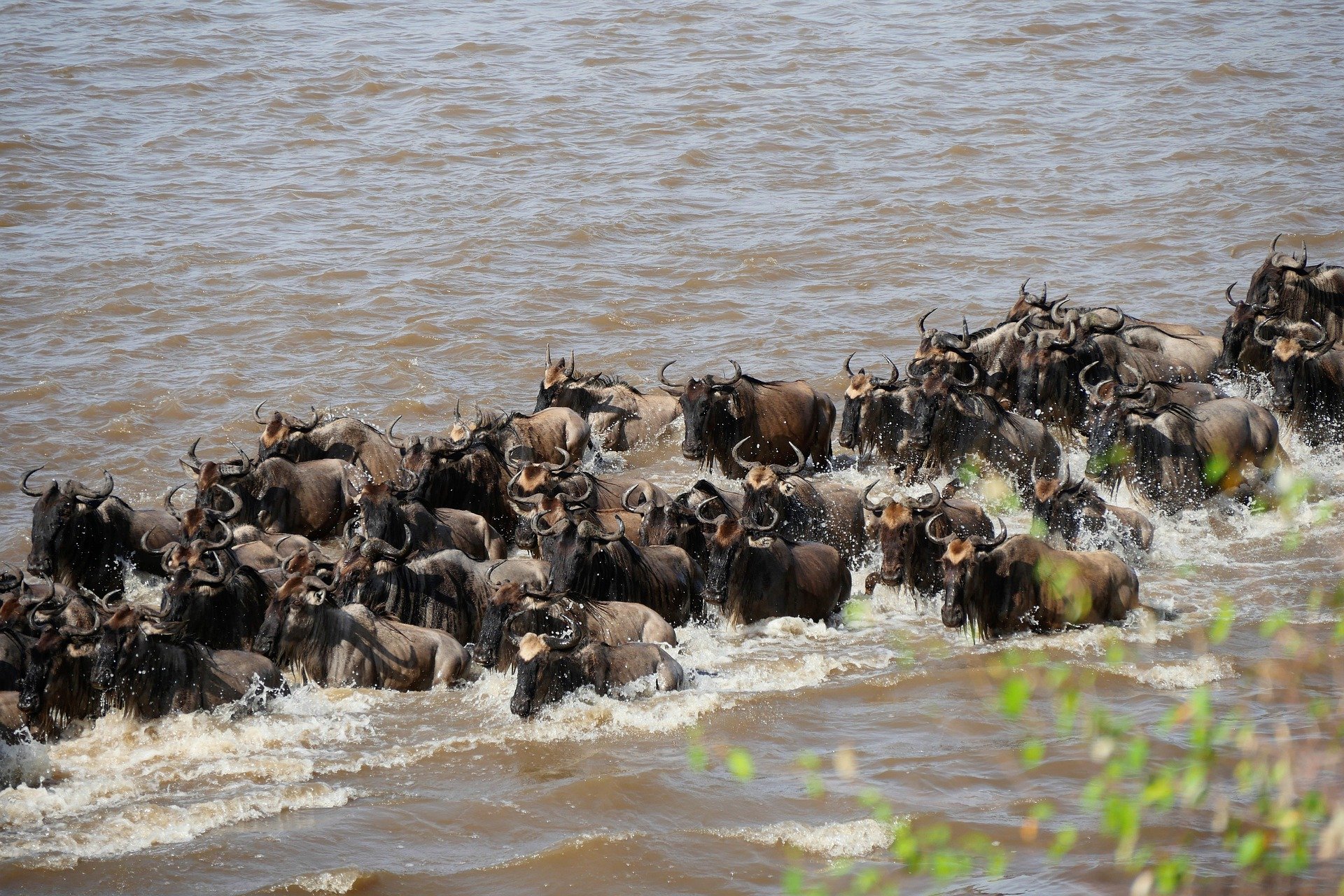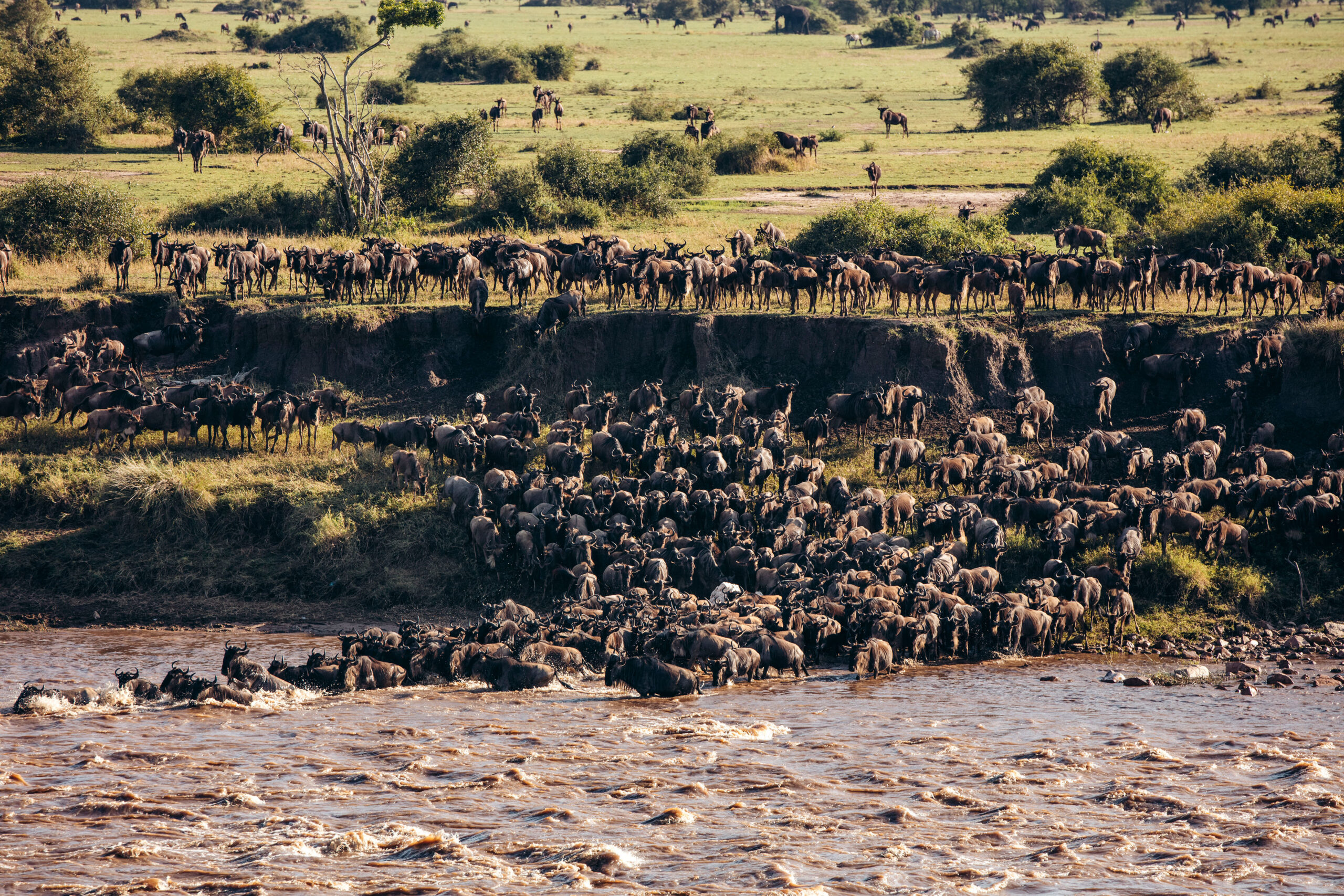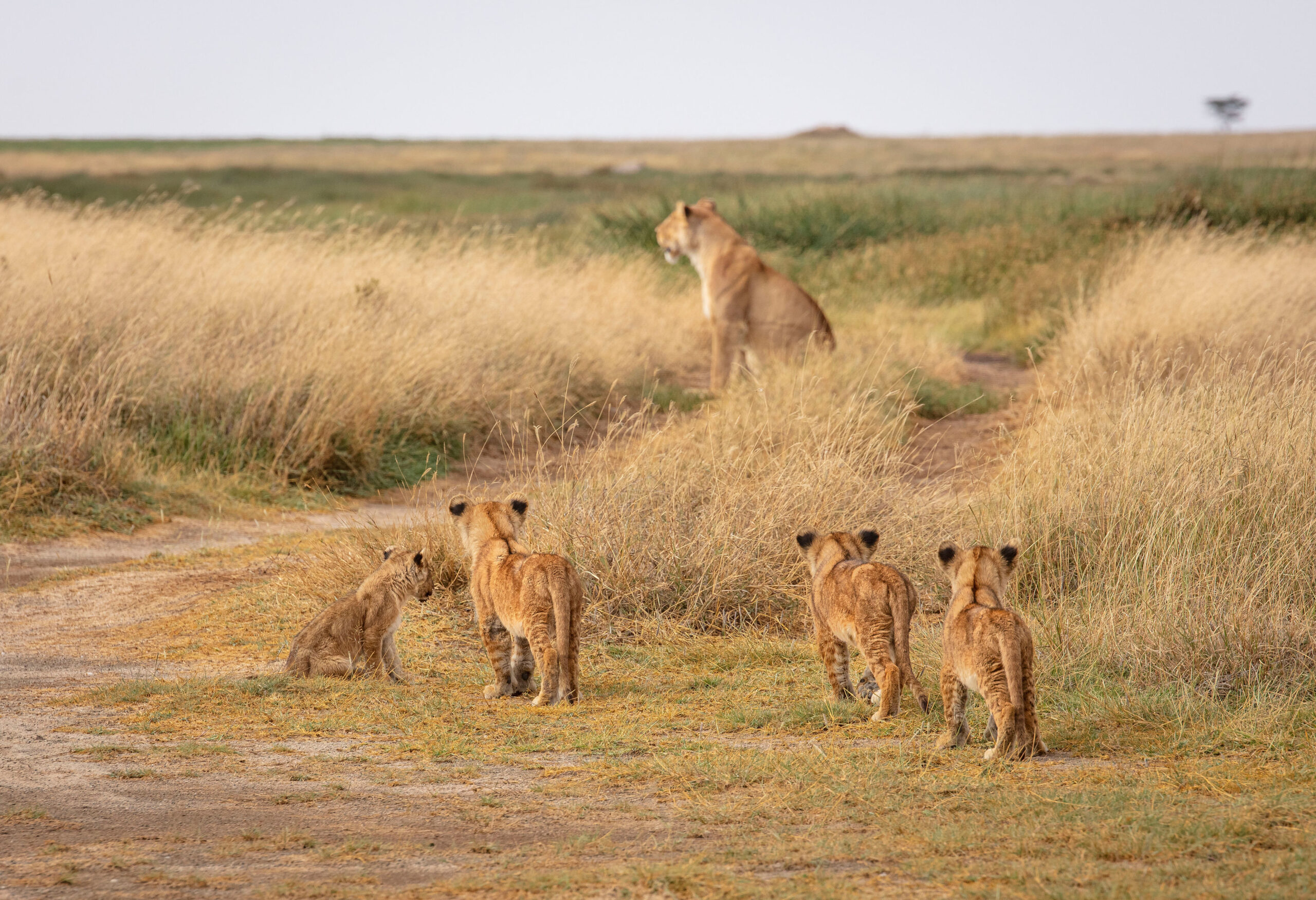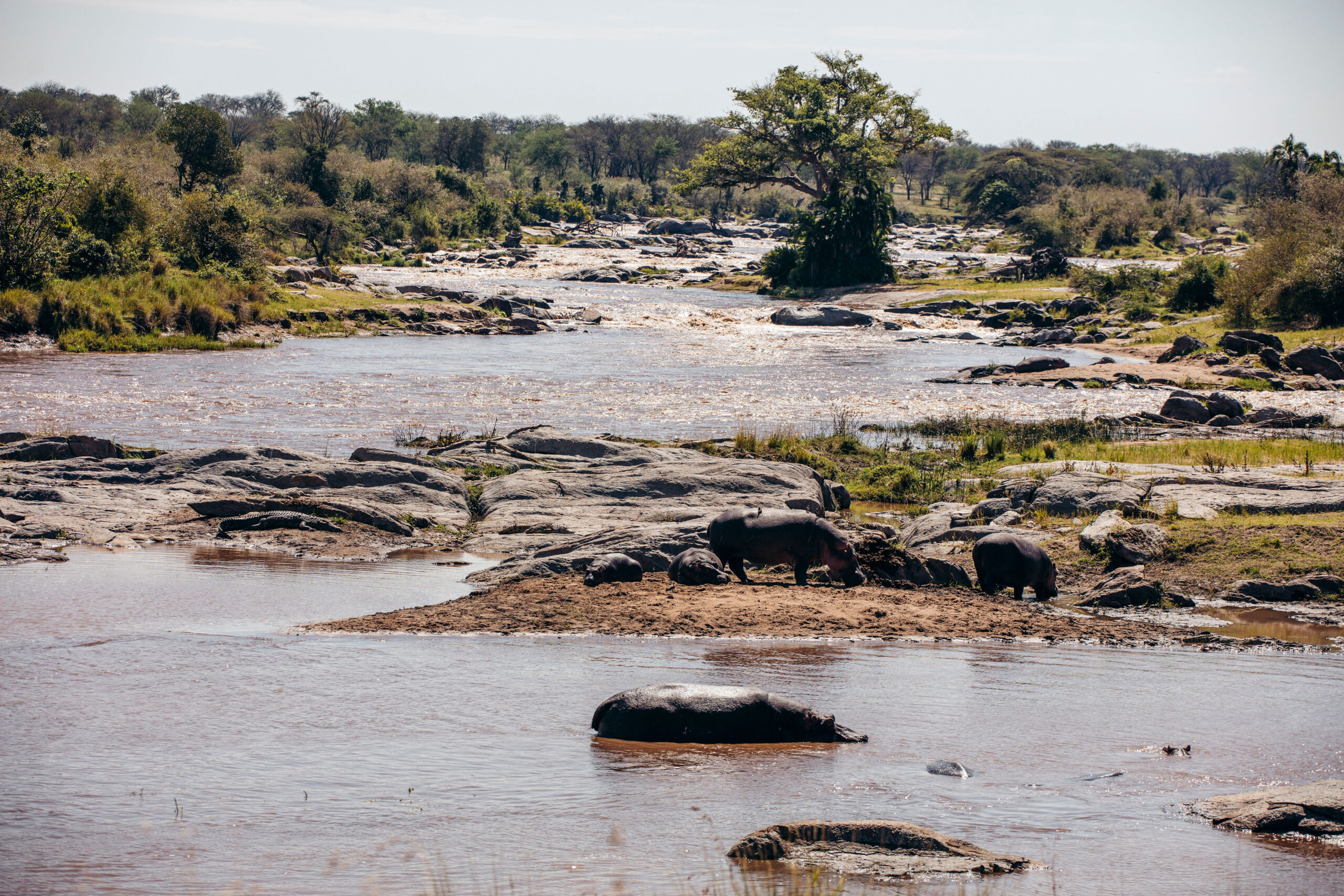Serengeti National Park Safari: A Journey into the Wild
Introduction
Serengeti National Park Safari is a world-renowned safari destination located in Tanzania. It is famous for its vast plains, diverse wildlife, and the awe-inspiring Great Migration. Whether you’re an adventurer, a photographer, or a nature lover, the Serengeti offers a once-in-a-lifetime experience that brings you up close with Africa’s most iconic animals.
The Magic of the Serengeti
The Serengeti is home to one of the richest ecosystems in the world. From lions and leopards to elephants and rhinos, this park is teeming with wildlife. The term “Serengeti” means “endless plains” in the Maasai language, perfectly describing its breathtaking landscapes.
The Great Migration: Nature’s Greatest Show
Each year, over 1.5 million wildebeest, along with thousands of zebras and gazelles, embark on a perilous journey across the Serengeti in search of fresh grazing grounds. This incredible spectacle, known as the Great Migration, is one of the most sought-after wildlife experiences.
Safari Experiences in Serengeti
Game Drives: The most popular way to explore the Serengeti, offering close encounters with wildlife.
Walking Safaris: Experience the bush on foot and witness nature up close.
Balloon Safaris: Get a bird’s-eye view of the Serengeti at sunrise for a magical experience.
Best Time to Visit Serengeti
The best time to visit depends on what you want to see:
June – October: Best for general wildlife viewing.
January – March: Witness the wildebeest calving season.
July – September: See river crossings during the migration.
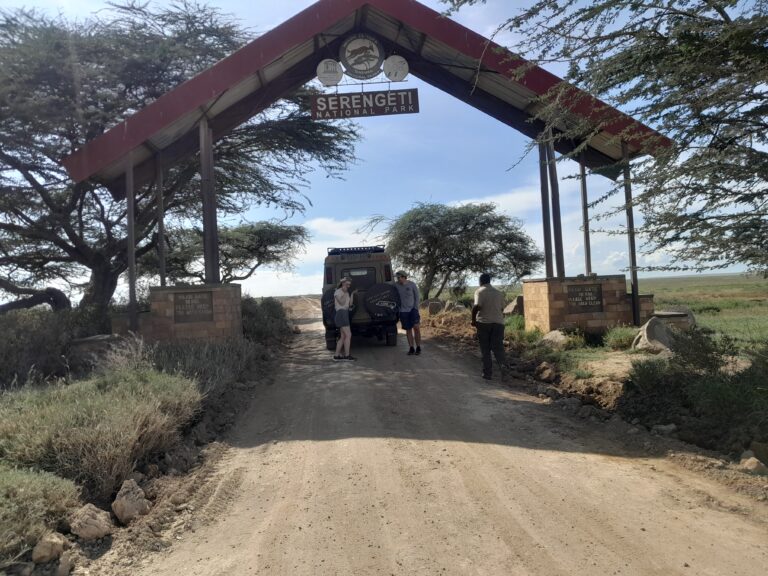
Serengeti’s Unique Landscapes
The Serengeti is not just about animals; its landscapes are equally stunning. From golden savannahs to rocky kopjes (outcrops) and meandering rivers, the scenery is diverse and picturesque.
Wildlife Encounters in Serengeti
Serengeti is home to an impressive array of animals, including:
Predators: Lions, cheetahs, leopards, and hyenas.
Herbivores: Elephants, giraffes, buffaloes, and antelopes.
Rare Species: Wild dogs, caracals, and serval cats.
Cultural Experiences in and around Serengeti
A visit to the Serengeti is incomplete without experiencing Maasai culture. The Maasai people, known for their rich traditions and vibrant clothing, offer insights into their way of life through village visits and cultural performances.
Luxury vs. Budget Safaris
Luxury: Stay at five-star lodges like Four Seasons Safari Lodge Serengeti.
Mid-Range: Tented camps like Serengeti Serena Lodge.
Budget: Camping safaris offer a more affordable way to explore the park.
Planning Your Serengeti Safari
How to Get There: Fly into Kilimanjaro International Airport, then take a domestic flight or drive to the Serengeti.
Choosing a Safari Package: Consider private safaris, group tours, or customized experiences.
Safety and Travel Tips
Follow your guide’s instructions at all times.
Pack light, but bring essential safari gear.
Get vaccinations for yellow fever and take malaria precautions.
Serengeti vs. Other Safari Destinations
Serengeti vs. Maasai Mara: Serengeti is larger and offers more diverse landscapes.
Serengeti vs. Kruger: Kruger has more infrastructure, but Serengeti feels wilder.
Serengeti vs. Okavango Delta: The Okavango Delta offers unique water-based safaris, while Serengeti is known for its open plains.
Photographing the Serengeti
Best photography spots include Seronera Valley, Grumeti River, and the Mara River.
Capture golden-hour shots for breathtaking images.
Eco-tourism and Conservation Efforts
The Serengeti is a UNESCO World Heritage Site, and conservation initiatives are in place to protect its fragile ecosystem. Visitors can support sustainable tourism by choosing eco-friendly lodges and following park guidelines.
Conclusion
A Serengeti safari is an adventure like no other. With its abundant wildlife, stunning landscapes, and thrilling safari experiences, it’s a destination that belongs on every traveler’s bucket list.

